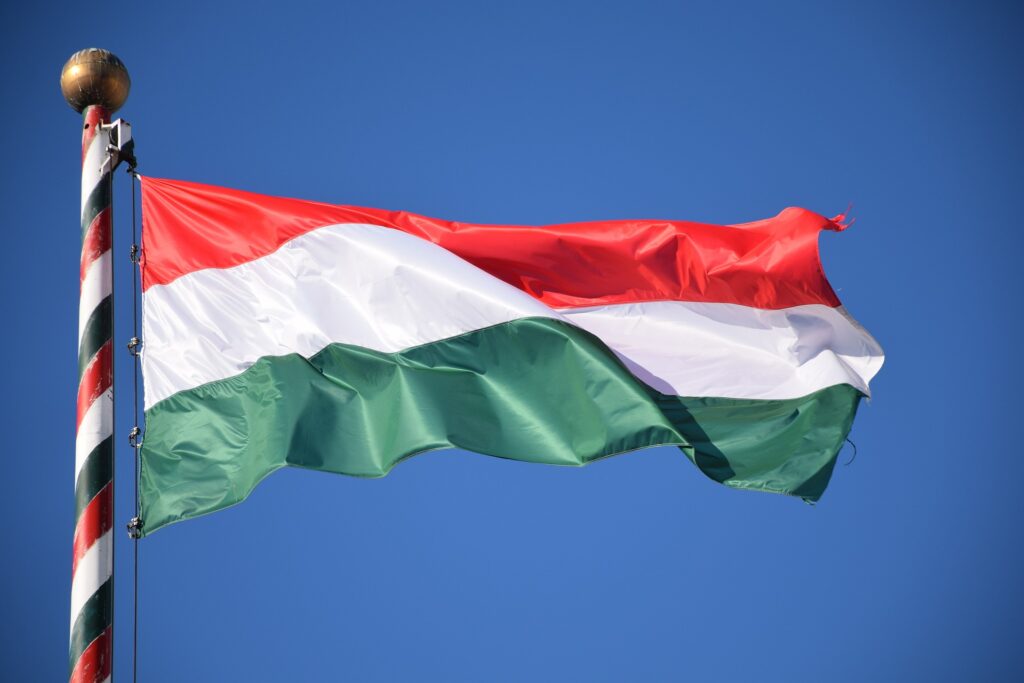Hungarian Foreign Minister Peter Szijjarto recently criticized the European Union’s top diplomat, Josep Borrell, for expressing support for Ukraine’s use of Western-supplied weapons to carry out attacks deep into Russian territory. This comes after Borrell endorsed Ukraine’s actions, including a surprise incursion into Russia’s Kursk Region in August. Szijjarto condemned this call for further escalation and stressed the need for de-escalation during an informal meeting of European Union foreign ministers in Brussels.
Szijjarto warned that increasing the flow of weapons and facilitating attacks deep into Russian territory would only heighten the risk of further escalation, exacerbating the situation and deepening the conflict. He emphasized Hungary’s pro-peace stance and its advocacy for de-escalation.
Zoltan Kovacs, spokesperson for Hungarian Prime Minister Viktor Orban, echoed Szijjarto’s sentiments by criticizing Borrell’s call for more arms to Ukraine and suggesting that these weapons should be used for aggressive strikes against Russian territory.
How did the EU respond to Szijjártó’s criticism?
Hungarian Foreign Minister lashes out at EU’s Borrell over Ukraine
The Hungarian Foreign Minister, Péter Szijjártó, recently criticized the EU’s foreign policy chief, Josep Borrell, over his approach to the situation in Ukraine. Szijjártó accused Borrell of being biased and one-sided in his handling of the Ukraine crisis, and he expressed Hungary’s concerns about the treatment of the Hungarian minority in Ukraine.
The clash between Szijjártó and Borrell highlights the complex and contentious nature of the relationship between the EU and its member states when it comes to foreign policy, particularly in relation to the situation in Ukraine.
The Background
The tensions between Hungary and Ukraine have been building for some time, with Hungary criticizing Ukraine for its treatment of its Hungarian minority. In particular, Hungary has been critical of Ukraine’s education law, which limits the use of minority languages in schools, including Hungarian.
The situation has been further exacerbated by the conflict in eastern Ukraine, where Russian-backed separatists have been fighting Ukrainian government forces since 2014. The EU has been a key player in efforts to resolve the conflict and has imposed sanctions on Russia in response to its actions in Ukraine.
Szijjártó’s Criticism
In a recent interview, Szijjártó accused Borrell of taking sides in the Ukraine conflict and of being unsympathetic to Hungary’s concerns about the treatment of its minority in Ukraine. Szijjártó criticized Borrell for failing to acknowledge the impact of Ukraine’s education law on the Hungarian minority and for not doing enough to address the issue.
Szijjártó also expressed frustration with the EU’s broader approach to Ukraine, arguing that the EU should be more supportive of Hungary’s efforts to protect its minority in Ukraine. He emphasized the need for a more balanced and fair approach to the situation, rather than one that he sees as being biased against Hungary.
The EU’s Response
In response to Szijjártó’s criticism, the EU reiterated its support for Ukraine’s sovereignty and territorial integrity. Borrell defended the EU’s position, emphasizing the importance of finding a peaceful resolution to the conflict in Ukraine and respecting the rights of all minorities in the country.
The EU also emphasized the need for dialogue and cooperation between Hungary and Ukraine to address their differences and work towards a solution that respects the rights of all minorities in Ukraine. The EU’s stance reflects its commitment to upholding the principles of international law and human rights, even in the face of challenging geopolitical circumstances.
The Impact
The clash between Szijjártó and Borrell underscores the broader challenges facing the EU in reconciling the interests and concerns of its member states when it comes to foreign policy. It also highlights the complexities of the situation in Ukraine and the competing interests at play in the region.
The conflict between Hungary and Ukraine has the potential to strain the unity of the EU, particularly as the bloc seeks to navigate its relationship with Russia and address the ongoing conflict in eastern Ukraine. The EU will need to find a delicate balance between supporting Ukraine’s sovereignty and territorial integrity while also addressing the concerns of its member states, such as Hungary.
Moving Forward
As the situation continues to evolve, it will be important for the EU to continue engaging with Hungary and Ukraine to find a resolution that respects the rights of all minorities in Ukraine while upholding the principles of international law and human rights. The EU will also need to navigate its relationship with Russia and work towards a peaceful resolution to the conflict in eastern Ukraine.
In the meantime, Szijjártó’s criticism of Borrell and the EU’s handling of the Ukraine crisis serves as a reminder of the complex and delicate nature of foreign policy in Europe. It also highlights the importance of finding common ground and working towards constructive solutions that address the concerns of all parties involved.
The clash between Hungary and the EU over Ukraine underscores the broader challenges facing the EU in reconciling the interests and concerns of its member states when it comes to foreign policy. Szijjártó’s criticism of Borrell and the EU’s approach to the Ukraine crisis reflects Hungary’s concerns about the treatment of its minority in Ukraine and the need for a more balanced and fair approach to the situation.
These comments underscore a significant divergence within the European Union regarding its approach to the Ukrainian conflict. There are broader tensions over how to handle the ongoing crisis and differing opinions on Western support in this region.
It is important to note that MENAFN provides information “as is” without any kind of warranty. The site does not accept responsibility or liability for any issues related to accuracy, content, images, videos, licenses, completeness or legality included in this article. If there are any complaints or copyright issues related to this article they should be directed to MENAFN through their provided contact information at their website.
!
